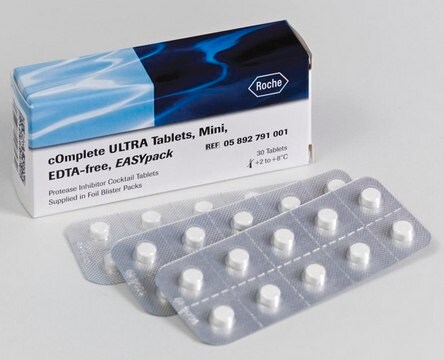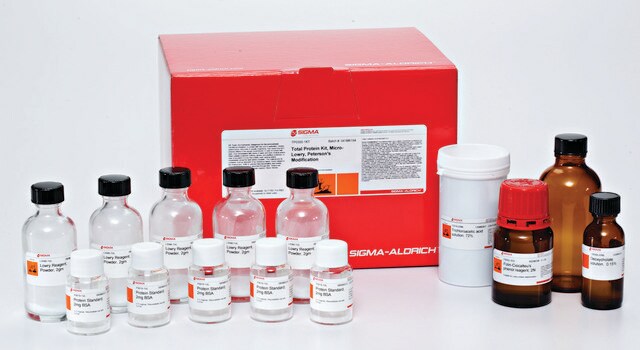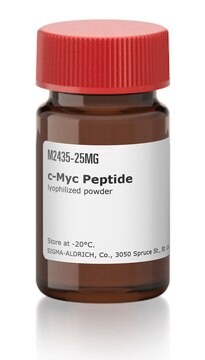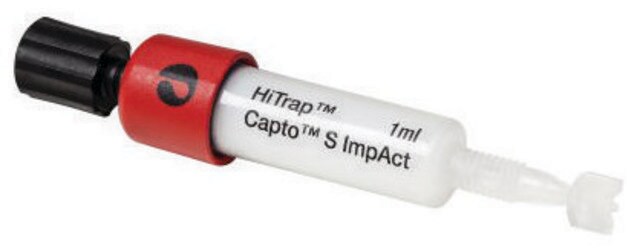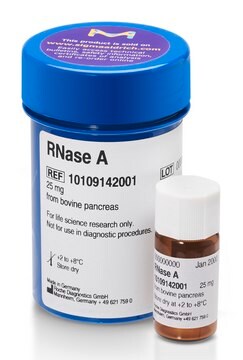MABC1183
Anti-PME1 Antibody, clone 8A6-F8
clone 8A6-F8, from mouse
Sinónimos:
PME-1, Protein phosphatase methylesterase 1
About This Item
Productos recomendados
biological source
mouse
Quality Level
antibody form
purified immunoglobulin
antibody product type
primary antibodies
clone
8A6-F8, monoclonal
species reactivity
rat, mouse, human
technique(s)
immunohistochemistry: suitable (paraffin)
immunoprecipitation (IP): suitable
western blot: suitable
isotype
IgG1κ
NCBI accession no.
UniProt accession no.
shipped in
ambient
target post-translational modification
unmodified
Gene Information
mouse ... Ppme1(72590)
General description
Specificity
Immunogen
Application
Immunoprecipitation Analysis: A representative lot detected PME1 in NIH3T3 mouse fibroblasts, wild-type, but not in PME1 knock-out mouse embryonic fibroblasts. (Courtesy of Stefan Schuchner, Ph.D. and Egon Ogris, M.D., Medical University of Vienna Austria).
Western Blotting Analysis: A 1:50 dilution from a representative lot detected PME1 in HeLa, NIH3T3, Rat1, BHK21, and CV-1 lysates. (Courtesy of Stefan Schuchner, Ph.D. and Egon Ogris, M.D., Medical University of Vienna Austria).
Apoptosis & Cancer
Quality
Immunohistochemistry Analysis: A 1:50 dilution of this antibody detected PME1 in human pancreas tissue.
Target description
Physical form
Storage and Stability
Other Notes
Disclaimer
Not finding the right product?
Try our Herramienta de selección de productos.
Storage Class
12 - Non Combustible Liquids
wgk_germany
WGK 1
Certificados de análisis (COA)
Busque Certificados de análisis (COA) introduciendo el número de lote del producto. Los números de lote se encuentran en la etiqueta del producto después de las palabras «Lot» o «Batch»
¿Ya tiene este producto?
Encuentre la documentación para los productos que ha comprado recientemente en la Biblioteca de documentos.
Nuestro equipo de científicos tiene experiencia en todas las áreas de investigación: Ciencias de la vida, Ciencia de los materiales, Síntesis química, Cromatografía, Analítica y muchas otras.
Póngase en contacto con el Servicio técnico